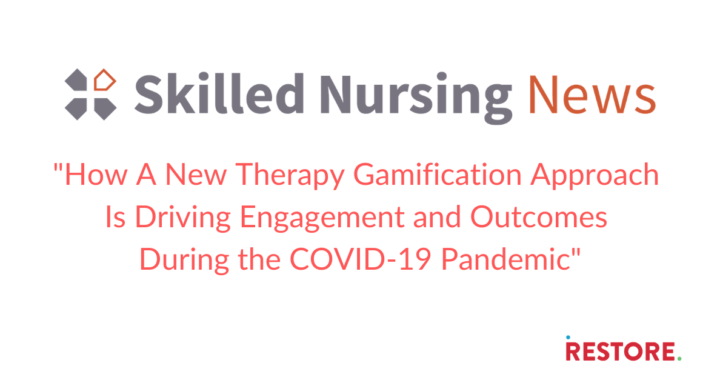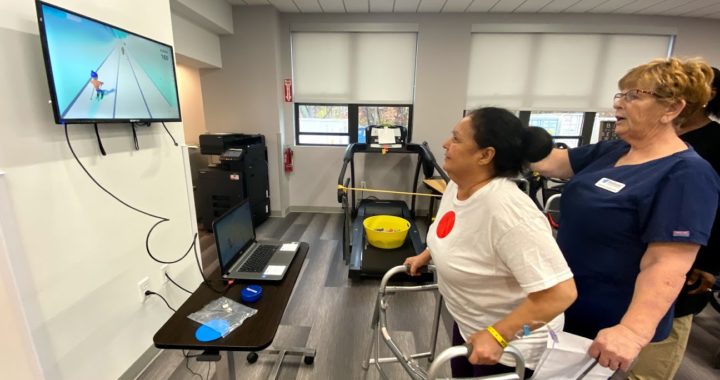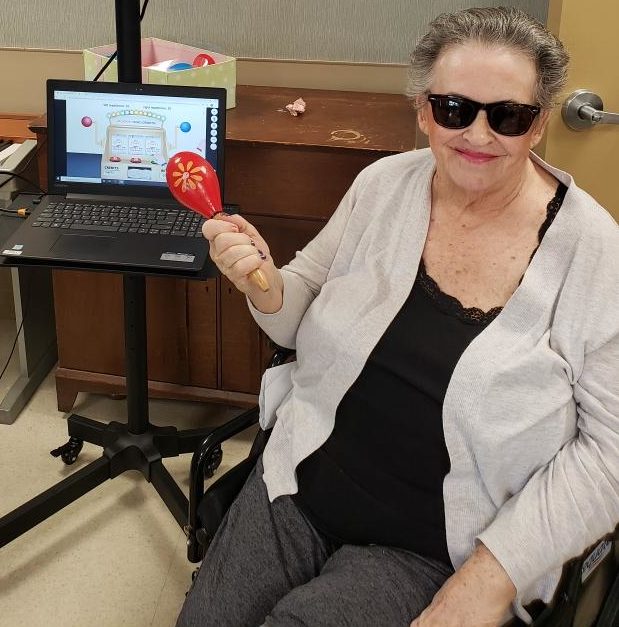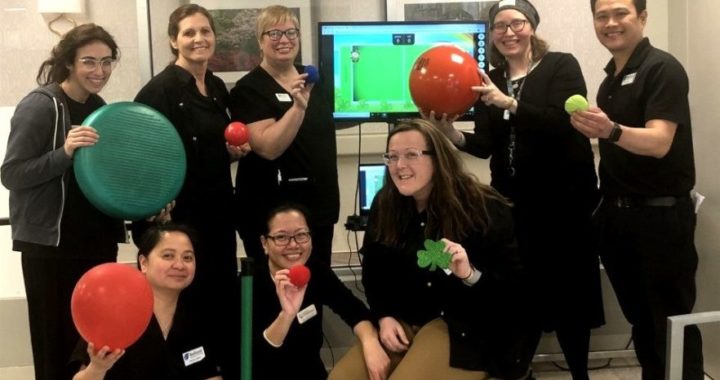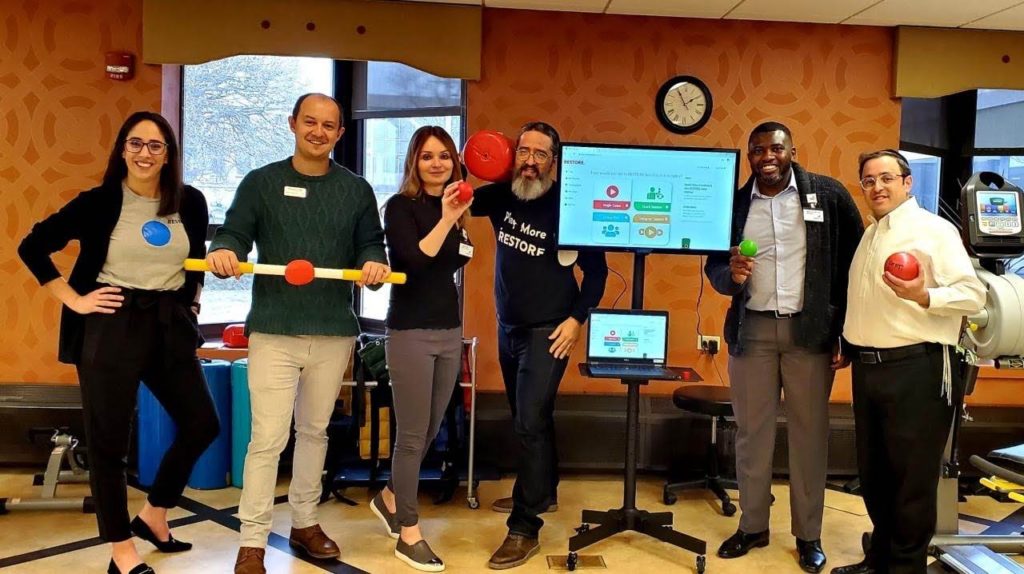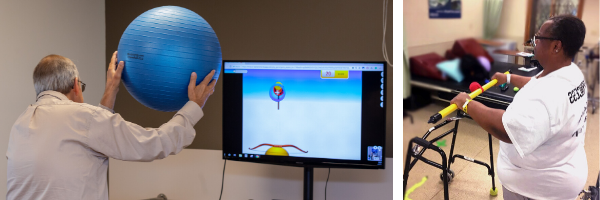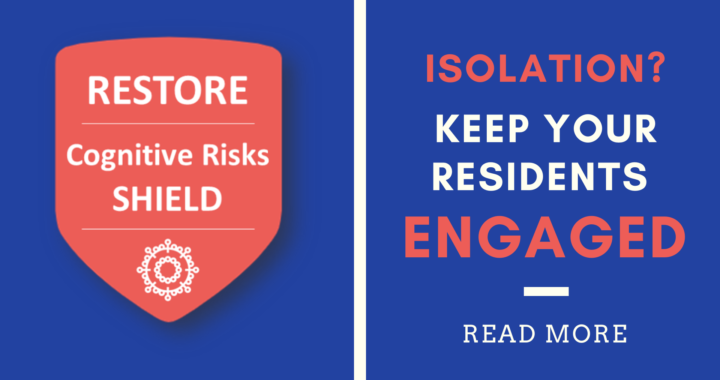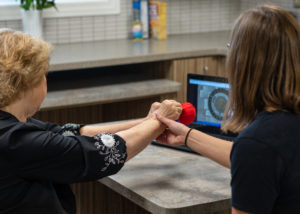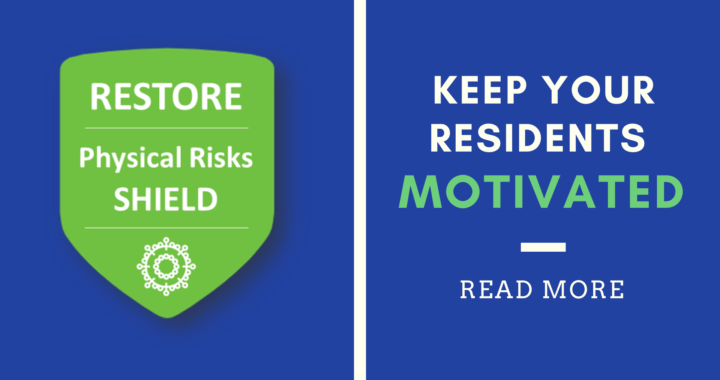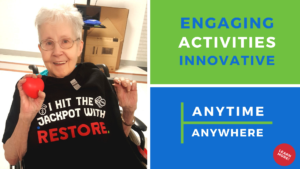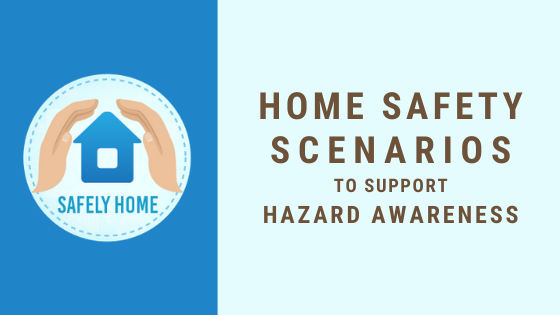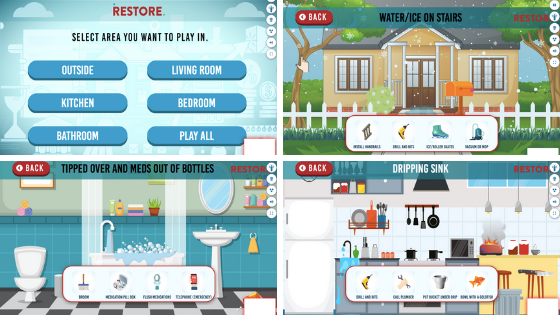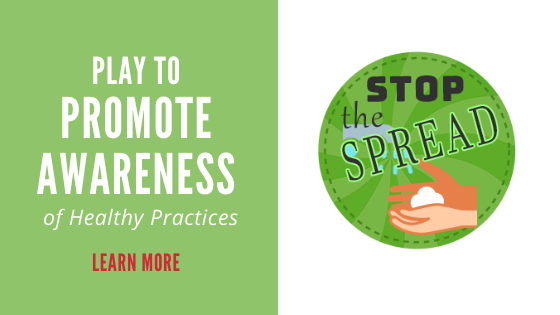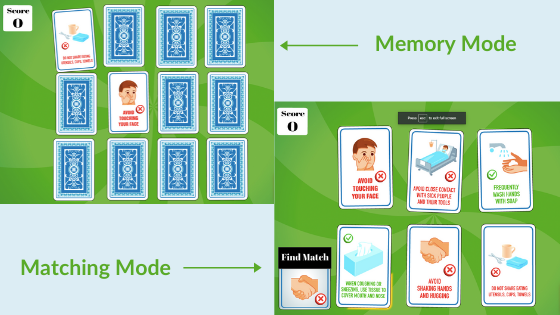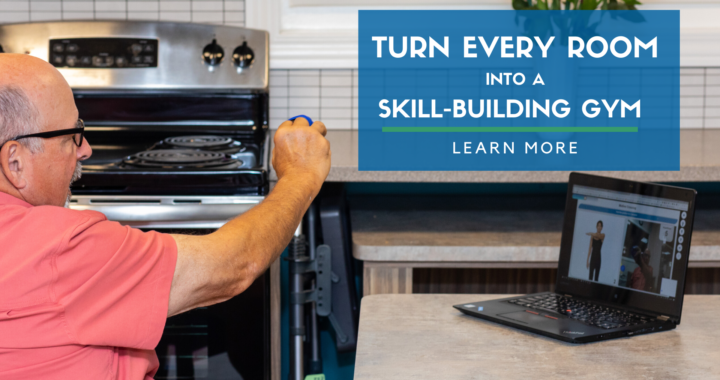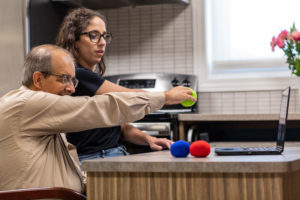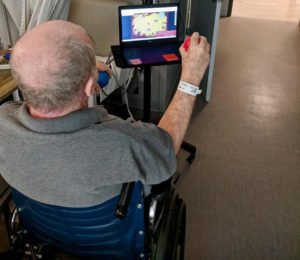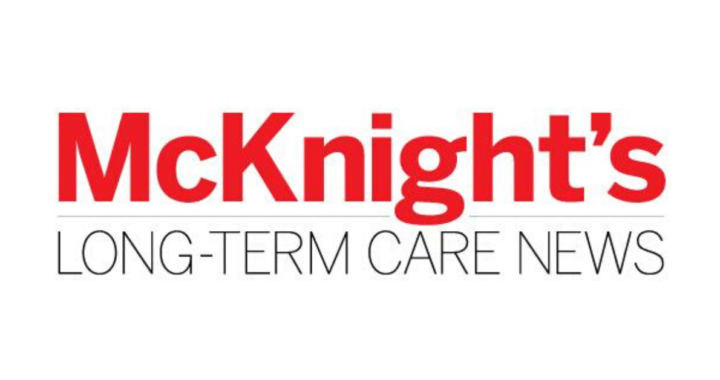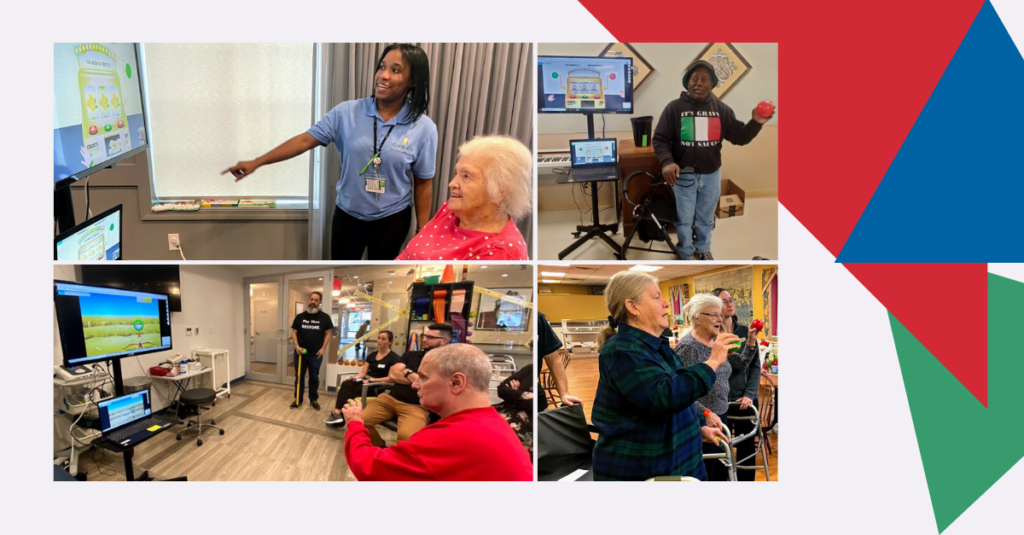We're thrilled to be featured on Skilled Nursing News today. Aaryn Crosby of Adaptive Rehab Services and our CEO, Eran Arden sat down with Skilled Nursing News to discuss the impact of RESTORE-Skills on therapy services and the unforeseen benefits in the wake of the COVID-19 pandemic. Below, is an excerpt from the article:
By “gamifying” therapy via a hardware-agnostic platform, some providers are finding not only much greater engagement among patients and residents receiving therapy, but also the unforeseen benefit of engaging non-therapy residents and their family members under social distancing protocols set under the COVID-19 pandemic.
Driving therapy engagement
As a third-party therapy provider in multiple settings including post-acute and long-term care facilities, Adaptive Rehabilitation Services set out in 2019 to find a platform that would improve patient participation and garner more engagement in therapy as well as to measure functional skills and progress. Further, Adaptive wanted a solution that did not require a hardware purchase to host the platform.
“There are a lot of products that require the user to have [a specific] device,” says Aaryn Crosby, Chief Operating Officer at Middleburg Heights, Ohio-based Adaptive Rehabilitation Services. “We were looking for something that can work on multiple systems and computers… something that could deliver functional room treatments. Many patients may not be able to come down or are nervous to come down to the gym.”
The company implemented RESTORE Skills in early 2020 and saw measured success in engagement. The platform, which can run on any web-enabled laptop with a display and a camera, provides a series of goal-oriented games that merge therapy with fun tasks that can be played with a single player or multiple players engaged on a single screen.
With games to present to residents and patients, therapy teams soon reported that those not previously participating were increasingly using the platform and we're seeing increased functional outcomes. They were practicing more and were resisting less, which led to improved progress overall.
“Having a truly fun and interactive therapy session versus a standard therapeutic exercise has increased engagement and mental well being by allowing patients to perform together and compete,” Crosby says.
An unforeseen benefit: the platform serves as an activity for non-therapy residents as well.
“We have had activity aides asking for us to train them on the program; residents’ roommates are telling them they want to try it out too,” he says.
Click here to read the full article. Interested in seeing gamification in action? Contact our team to schedule a demo and to learn how gamification can drive engagement and outcomes during the COVID-19 pandemic.
